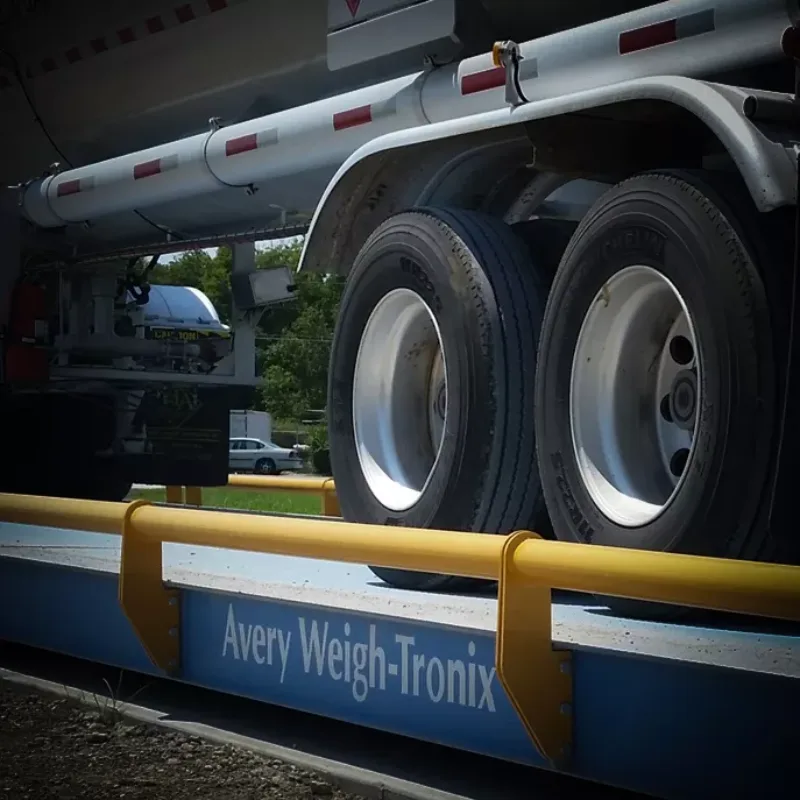After waste is collected, it is transported to transfer stations and landfill sites. These sites usually charge disposal fees according to the weight of the waste being transported. To achieve this, most landfill sites have truck scales at the entrance to weigh incoming waste vehicles.
Our truck scales can be paired with weight indicators and traffic management systems to enable sites to weigh incoming and outgoing vehicles quickly and efficiently. They can also be set up to capture things like the licence plate, driver ID, waste type, and more.
Many waste disposal companies will also use weighing equipment to bill their commercial and industrial customers based on the weight of the waste generated.










